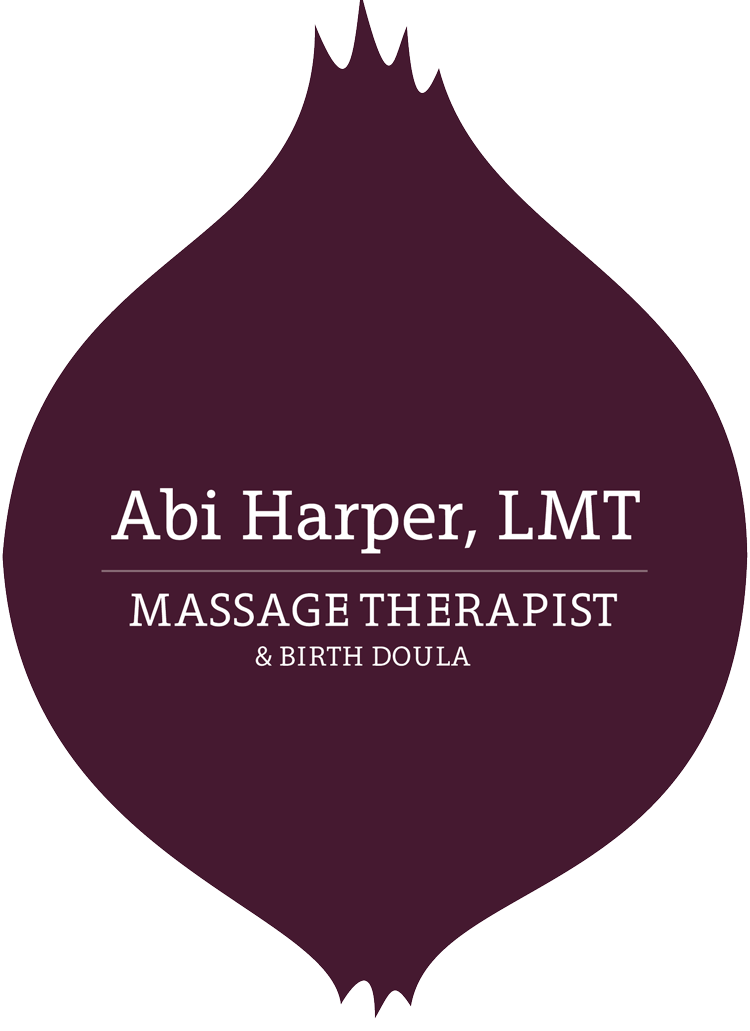Temporomandibular Joint Disfunction (TMJD)
When you open and close your mouth, do the movements on both sides feel even, or does your jaw veer off to one side or the other? Does one side feel hiked up compared to the other? These can be signs that the muscles in your jaw aren't functioning evenly, and that specific massage to address the imbalance in the muscles in your jaw might help you.
Your temporomandibular joint (TMJ) is the joint between your jawbone and your skull, and you can find it directly in front of your ear, by feeling around where your cheek and your ear meet while opening and closing your jaw. The joint can be pulled out of alignment by stress, posture, or habits of movement. Tight jaw muscles can cause headaches, earaches, jaw or even tooth pain, as well as difficulty chewing or biting, popping or clicking sounds and difficulty opening or closing the mouth. Over time, the joints can degrade and the problem can get worse. TMJ Disfunction is so common that a lot of people say things like "I have TMJ" as shorthand for the discomfort they feel in their head and jaw.
How I Work With TMJD
Massage for TMJD starts with superficial face massage and some relaxing work on the upper shoulders and neck. Often, tight jaw muscles and tight neck muscles go together, so I usually end up working these two areas in tandem. As the neck starts to relax, we move to working on the outer jaw muscles on the face. As they start to lengthen and loosen, we can move onto working the deep muscles of the jaw.
At this point, the most effective work involves me putting on a disposable glove and doing massage inside your mouth while you assist by moving your jaw. This work is intense, will hold your attention, and for some people, can release armored emotion. But if your jaw is tight and misaligned, it will be a huge relief. The technique that I use employs slow, melty, relatively steady pressure. The combination of slow pressure and your active movement keeps you in control of the intensity and allows for the best possibility of integration for long-term change. Most people experience lasting change from one massage, but to change a long-term pattern of holding may take a series of treatments.
This image, made for me by the talented Bishop Goguen in like under 10 minutes shows something that happens in a lot of TMJ disfunction when the muscles are tighter on one side than on the other
When your jaw muscles are even, your joints have the possibility of being even, which is a good thing.
Check out this Temporomandibular Joint!
These are the muscles we're working on inside the mouth. See how the cheekbone and a chunk of the jaw are cut away in this view? Working around them is why we have to work inside the mouth.




